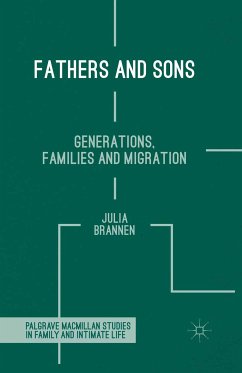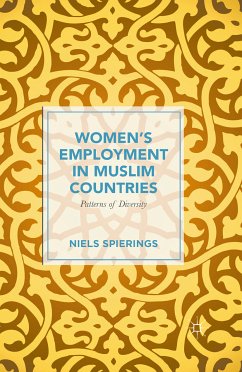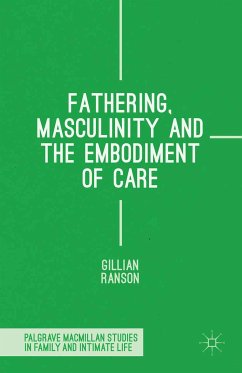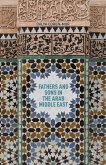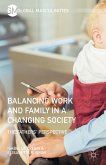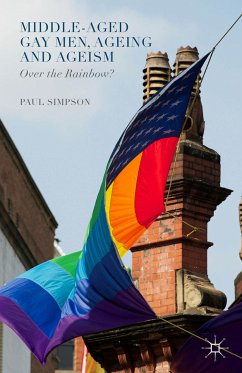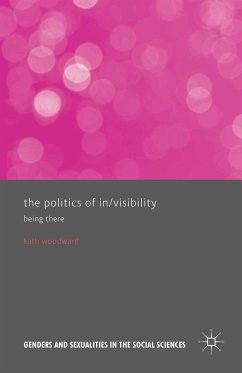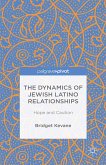Dieser Download kann aus rechtlichen Gründen nur mit Rechnungsadresse in A, B, BG, CY, CZ, D, DK, EW, E, FIN, F, GR, HR, H, IRL, I, LT, L, LR, M, NL, PL, P, R, S, SLO, SK ausgeliefert werden.
'A fascinating analysis of fatherhood across generations, as recounted and interpreted by White British, Irish and Polish migrant grandfathers and fathers, and their transmission of fathering practices in the UK. It makes a most welcome and
innovative addition to the literature on families, generations and migration.' Eleonore Kofman, Middlesex University, UK

